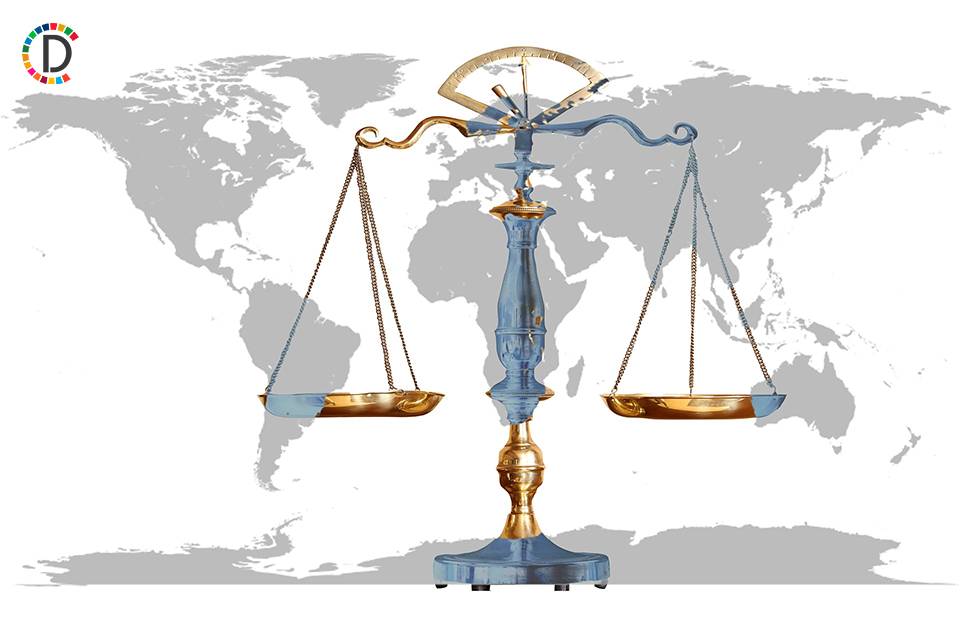WRAPUP 5-Kyiv calls for 'ban' on Russians as Moscow steps up assault in eastern Ukraine
Ukraine's president called on the West to impose a blanket travel ban on Russians, an idea that has found support among some EU member states but angered Moscow which pressed on with a fierce military offensive in eastern Ukraine. Zelenskiy's idea looked likely to divide the European Union, where differences on how to deal with Moscow have long persisted between some of its eastern and western members, and came as Ukraine halted flows of Russian oil to some eastern European countries due to a sanctions-related payment issue.

Ukraine's president called on the West to impose a blanket travel ban on Russians, an idea that has found support among some EU member states but angered Moscow which pressed on with a fierce military offensive in eastern Ukraine.
Zelenskiy's idea looked likely to divide the European Union, where differences on how to deal with Moscow have long persisted between some of its eastern and western members, and came as Ukraine halted flows of Russian oil to some eastern European countries due to a sanctions-related payment issue. Zelenskiy's call for a one-year travel ban and the apparent expulsion of Russians living in the West so that they could live "in their own world until they change their philosophy" was made in an interview with the Washington Post. He complained that sanctions imposed so far on Russia to punish it for invading his country on Feb. 24 were too weak.
"Whichever kind of Russian ... make them go to Russia," Zelenskiy was quoted as saying. "They'll understand then," he said. "They'll say, 'This (war) has nothing to do with us. The whole population can't be held responsible, can it?' It can."
Zelenskiy was quoted as saying the ban should also extend to Russians who had fled since the start of what Moscow calls a "special military operation" because they disagreed with President Vladimir Putin. The Kremlin dismissed Zelenskiy's words as irrational, saying that Europe would ultimately have to decide if it wanted to pay the bills for his "whims".
"Any attempt to isolate Russia or Russians is a process that has no prospects," said Kremlin spokesperson Dmitry Peskov. Other senior Russian officials have questioned the legality of implementing such restrictions under international law, suggesting they would infringe Russians' human rights.
There was support though from Kaja Kallas, Estonia's prime minister, who said she thought it was time for the EU to stop issuing visas to Russians that allow them to visit the 27-nation bloc. "Visiting #Europe is a privilege, not a human right," Kallas wrote on Twitter.
Finnish Prime Minister Sanna Marin said on Monday that she also favoured an EU-wide curb on Russian tourism and that EU leaders were likely to discuss the issue at their next summit. "It is not right that while Russia is conducting an aggressive and cruel attack in Europe, Russians can live a kind of normal life, travel in Europe, be tourists," Marin told Finnish public broadcaster Yle.
While Finland still issues Schengen visas to Russian tourists, Estonia, Latvia and Lithuania no longer do. The Schengen area comprises 26 European countries among which people can travel freely without presenting passports. Latvia has said it also favours an EU-wide ban.
Other countries which have traditionally enjoyed closer ties to Russia such as Hungary are however likely to oppose an EU-wide travel ban and the European Commission has questioned the feasibility of a blanket ban, saying that certain categories of people such as family members, journalists and dissidents should always be granted visas. EASTERN OFFENSIVE
Russia meanwhile unleashed ground forces, air strikes and artillery as it pressed ahead with a grinding offensive designed to complete its capture of eastern Ukraine, but Kyiv said its troops were putting up fierce resistance and largely holding the line. Heavy fighting was reported on Tuesday in frontline towns near the eastern city of Donetsk, where Ukrainian officials said Russian troops were launching waves of attacks as they tried to expand their control of the industrialised Donbas region.
The Ukrainian military said it had repelled ground assaults in the direction of the cities of Bakhmut and Avdiivka. Russia gave a different assessment. Chechen leader Ramzan Kadyrov claimed his forces had captured a factory for Moscow on the edge of the eastern town of Soledar, other Russian-backed forces said they were in the process of "clearing out" the heavily fortified village of Pisky, and Russian media reported that a group of mercenaries from the Wagner Group had dug in near the city of Bakhmut.
Reuters could not verify either side's battlefield accounts. British military intelligence, which is helping Ukraine, said that Russia's push towards the city of Bakhmut had been its most successful operation in the Donbas in the last 30 days, but said it had still only managed to advance around 10 km (6 miles). It said Russian forces in other areas had not gained more than 3 km over the same period.
Russia, as part of what it calls its "special military operation", has said it plans to seize full control of the Donbas on behalf of pro-Kremlin separatist forces, while Russian-installed officials in parts of southern Ukraine have said they plan to press ahead with referendums to join Russia. Ukraine, which says Russia is prosecuting an unprovoked imperial-style war of aggression, is banking on sophisticated Western-supplied rocket and artillery systems to degrade Russian supply lines and logistics.
(This story has not been edited by Devdiscourse staff and is auto-generated from a syndicated feed.)










